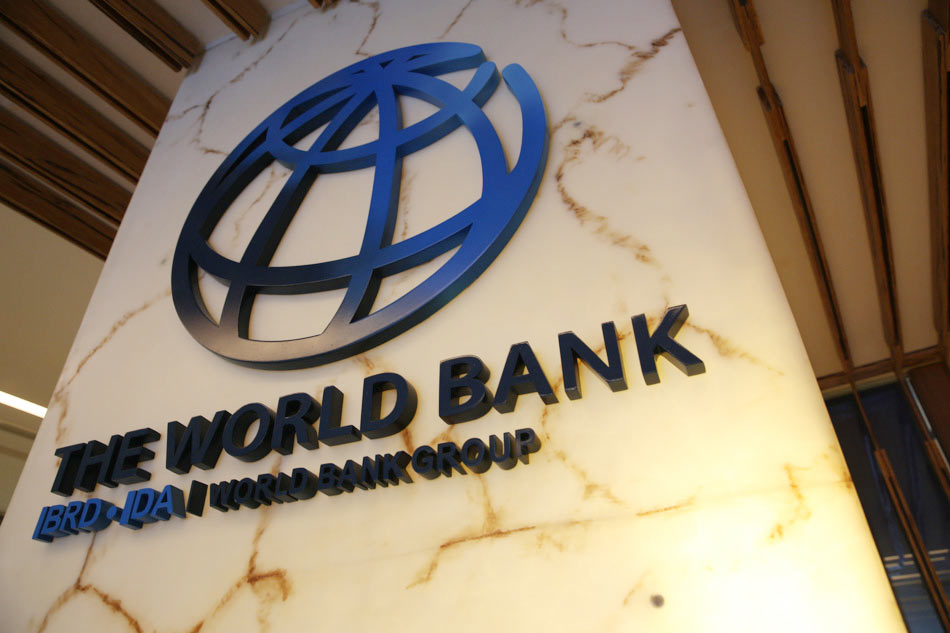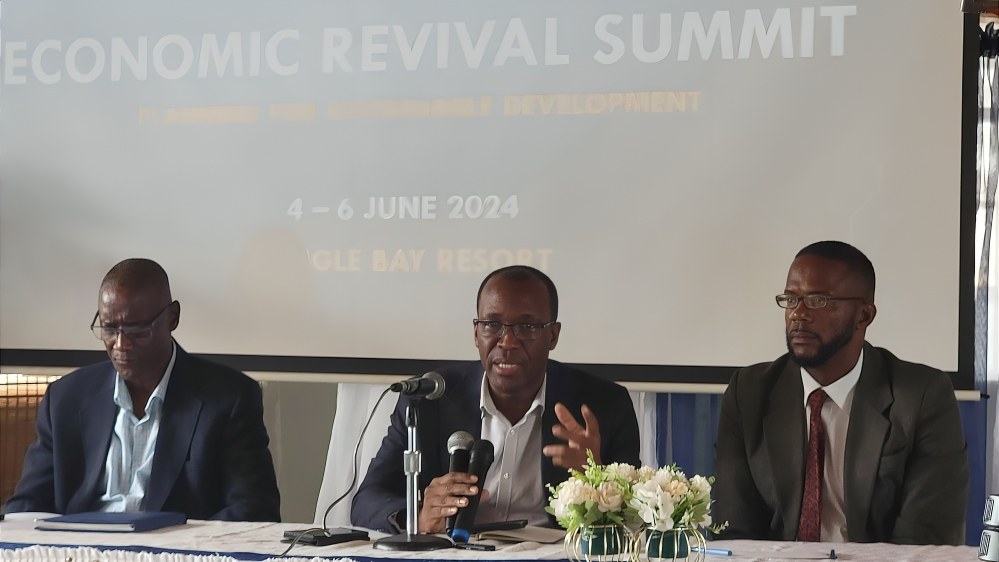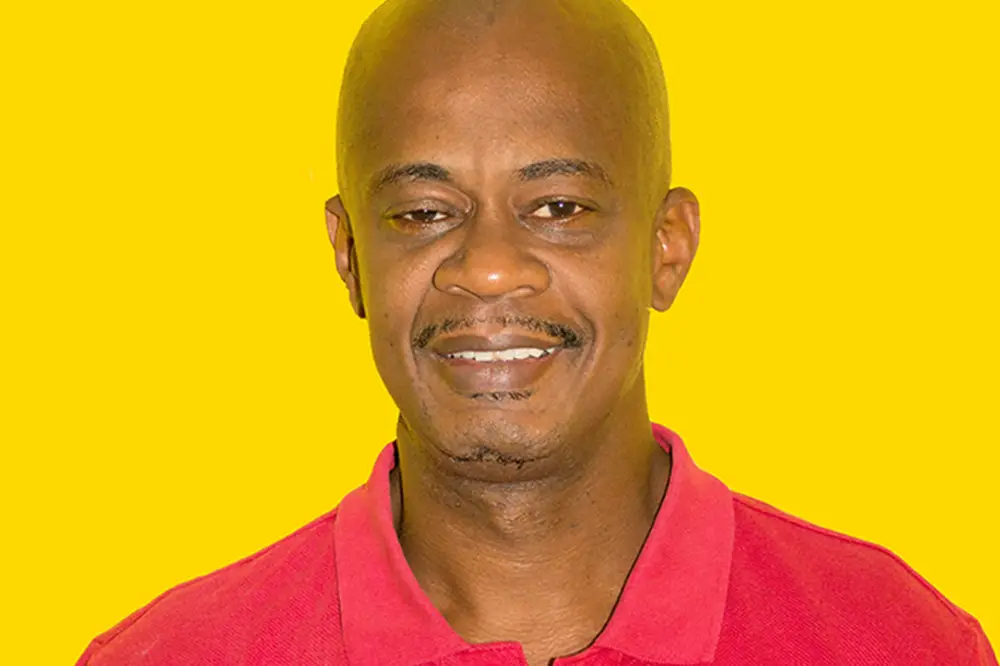A strikingly large percentage of workers and firms operate outside the line of sight of governments in emerging market and developing economies (EMDEs)—a challenge that is likely to hold back the recovery in these economies unless governments adopt a comprehensive set of policies to address the drawbacks of the informal sector, a new World Bank Group study has found.
The study, The Long Shadow of Informality: Challenges and Policies, is the first comprehensive Bank analysis examining the extent of informality and its implications for an economic recovery that supports green, resilient and inclusive development in the long-term.
It finds that the informal sector accounts for more than 70 percent of total employment—and nearly one-third of GDP—in EMDEs. That scale diminishes these countries’ ability to mobilize the fiscal resources needed to bolster the economy in a crisis, to conduct effective macroeconomic policies, and to build human capital for long-term development.
In economies with widespread informality, government resources to combat deep recessions and to support subsequent recovery are more limited than in other economies. Government revenues in EMDEs with above-average informality totaled about 20 percent of GDP—five to 12 percentage points below the level in other EMDEs.
Government expenditures also were lower by as much as 10 percentage points of GDP. Similarly, central banks’ ability to support economies is constrained by the underdeveloped financial systems associated with widespread informality.
“Informal workers are predominantly women and young people who lack skills. Amid the COVID-19 crisis, they are often left behind, with little recourse to social safety nets when they lose their jobs or suffer severe income losses,” said Mari Pangestu, World Bank Managing Director for Development Policy and Partnerships.
“This analysis will help to fill knowledge gaps in an understudied area and get policy makers back on track to tackle informality, which will be critical going forward as we work to achieve green, resilient and inclusive development.”
High informality undermines policy efforts to slow down the spread of COVID-19 and boost economic growth. Limited access to social safety nets has meant that many participants in the informal sector have neither been able to afford to stay at home nor adhere to social-distancing requirements. In EMDEs, informal enterprises account for 72 percent of firms in the services sector.
High levels of informality generally means weaker development outcomes. Countries with larger informal sectors have lower per-capita incomes, greater poverty, greater income inequality, less developed financial markets, and weaker investment and are farther away from achieving the goals of sustainable development.
Informality in EMDEs varies widely across regions and countries—as a percentage of GDP, it is highest in Sub-Saharan Africa, at 36 percent. It is lowest in the Middle East and North Africa, at 22 percent.
In South Asia and Sub-Saharan Africa, pervasive informality is largely the result of low human capital and large agricultural sectors. In Europe and Central Asia, Latin America and the Caribbean, and the Middle East and North Africa, heavy regulatory and tax burdens and weak institutions have been important factors in driving informality.
The study shows that informality can be tackled in EMDEs—in fact, while it remains high, it had been on a declining trend for three decades before the COVID-19 pandemic. Between 1990 and 2018, on average, informality fell by about 7 percentage points of GDP to 32 percent of GDP.
The decline partly reflected policy reforms: over the past three decades, many EMDE governments implemented policy reforms either to increase the benefits of formal-sector participation or to reduce the costs of such activities. These included tax reforms, reforms to increase access to finance, and stronger governance.
The study provides five general recommendations for policymakers in EMDEs: first, take a comprehensive approach—because informality reflects broad-based underdevelopment and cannot be tackled in isolation; second, tailor measures to country circumstances because the causes of informality vary widely; third, improve access to education, markets, and finance so that informal workers and firms can become sufficiently productive to move to the formal sector; fourth; improve governance and business climates so the formal sector can flourish; and fifth, streamline tax regulation to lower the cost of operating formally and increase the cost of operating informally.



















